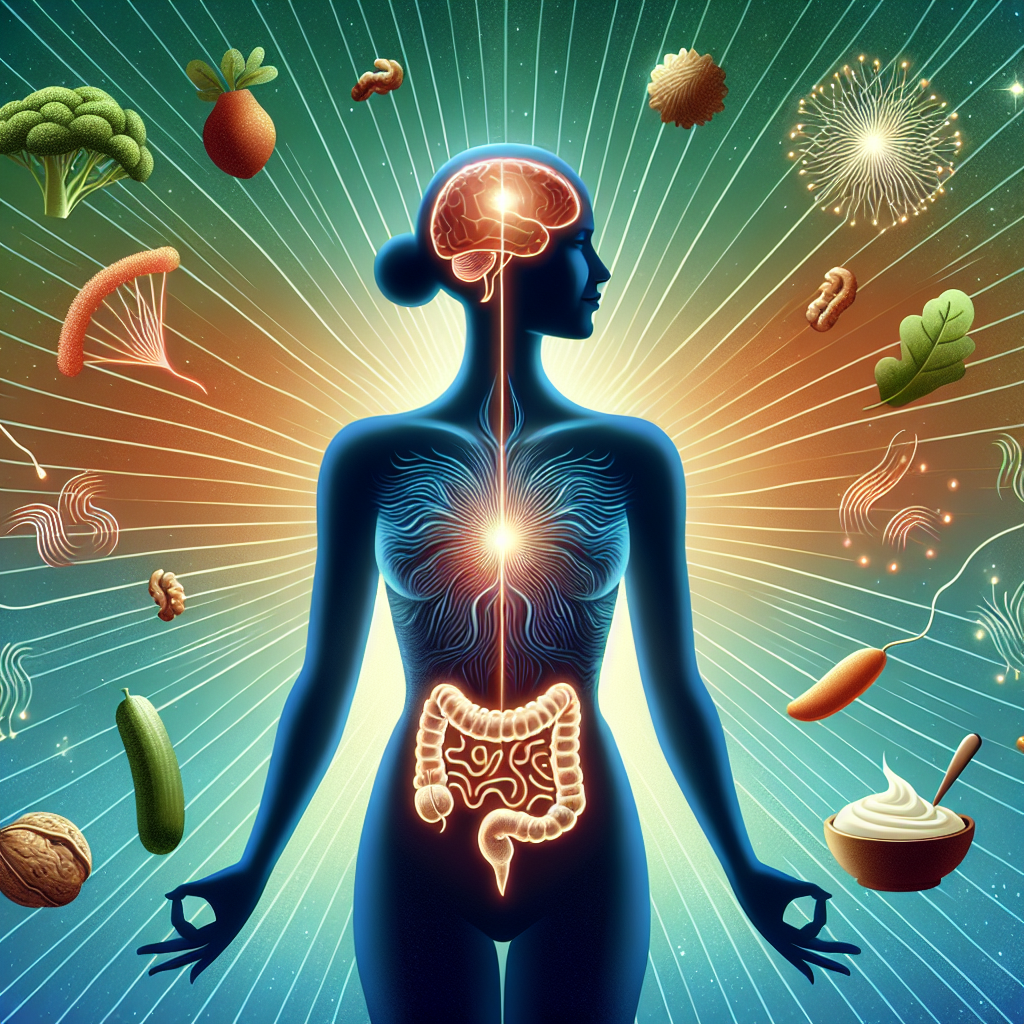The field of health science has long sought to understand the myriad factors that contribute to mental wellness. A significant trend gaining momentum is the exploration of how gut health affects mental health, a relationship commonly referred to as the “gut-brain axis.”
Recent studies, including a landmark review published in the [Harvard Health Blog](https://www.health.harvard.edu/blog/there-is-a-link-between-gut-health-and-mental-wellness-202406302763), have emphasized the role of the gut microbiome in regulating mood and mental health. This research suggests that the balance of bacteria in the gut can influence the brain’s chemistry and, consequently, affect factors such as anxiety, stress, and depression.
The gut-brain connection is facilitated by various biological pathways, including the vagus nerve, which runs from the brain to the abdomen. This direct neural pathway allows for constant communication between the gut and the brain, indicating that our digestive system does more than process food—it also sends signals directly affecting emotional and psychological well-being.
One pivotal study from the [American Psychological Association](https://www.apa.org/news/press/releases/2023/10/gut-bacteria-mental-health) highlights how certain strains of probiotics (beneficial bacteria) can potentially alleviate symptoms of depression and anxiety. These findings support the notion that dietary choices influencing gut microbiota may play a critical role in mental health management.
Nutritionists and mental health professionals are increasingly advocating for diets rich in fiber, probiotics, and whole foods, which can foster a healthier gut microbiome. For instance, fermented foods like yogurt, kefir, and sauerkraut are recommended for their probiotic qualities, which enhance the diversity and health of gut bacteria.
Moreover, the implications of this research extend beyond individual health. They suggest new avenues for public health strategies and interventions that could mitigate mental health issues through dietary and lifestyle adjustments. As this field of study continues to evolve, it provides a promising horizon for holistic health approaches that encompass both mental and physical well-being.
As we understand more about the gut-brain axis, the integration of gastroenterology and psychiatry might become more prevalent, offering new, innovative treatments for mental health disorders rooted in or influenced by the condition of the gastrointestinal system.


